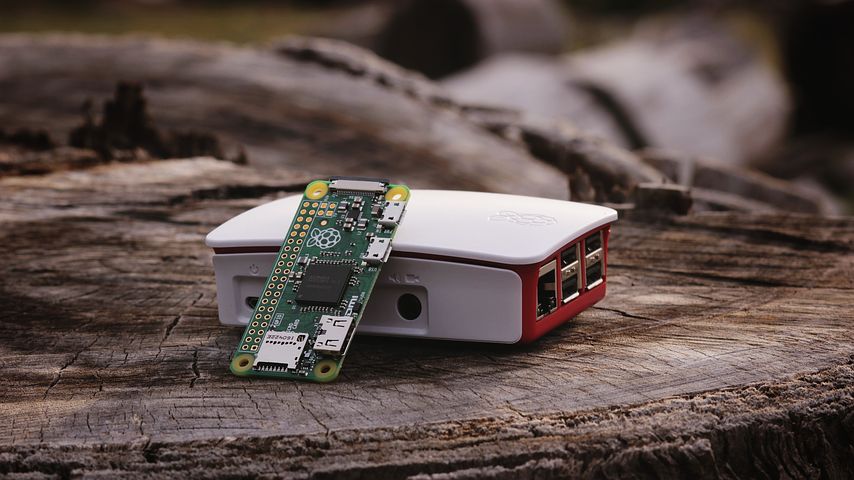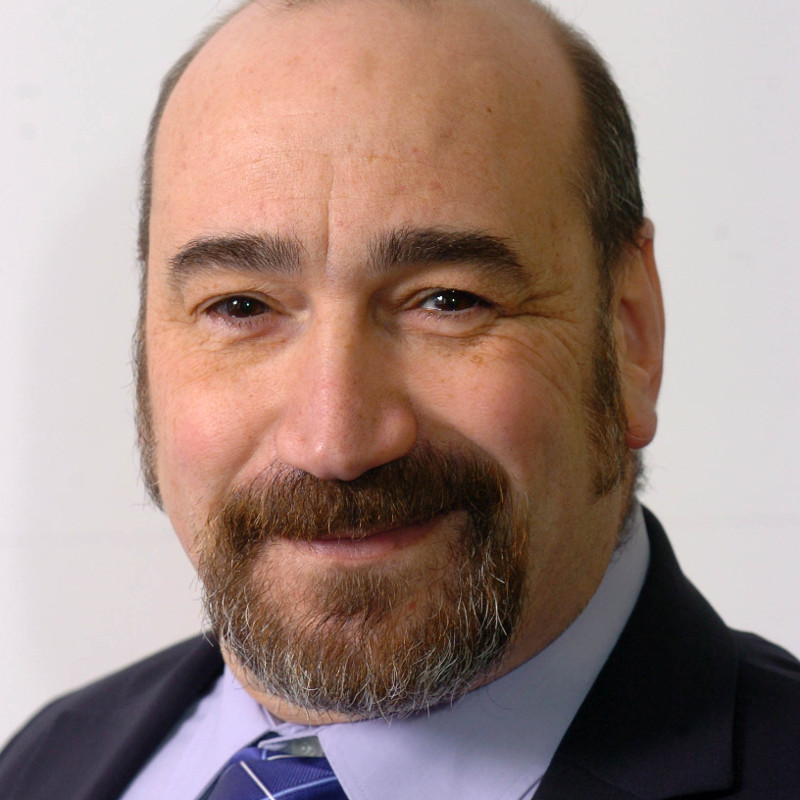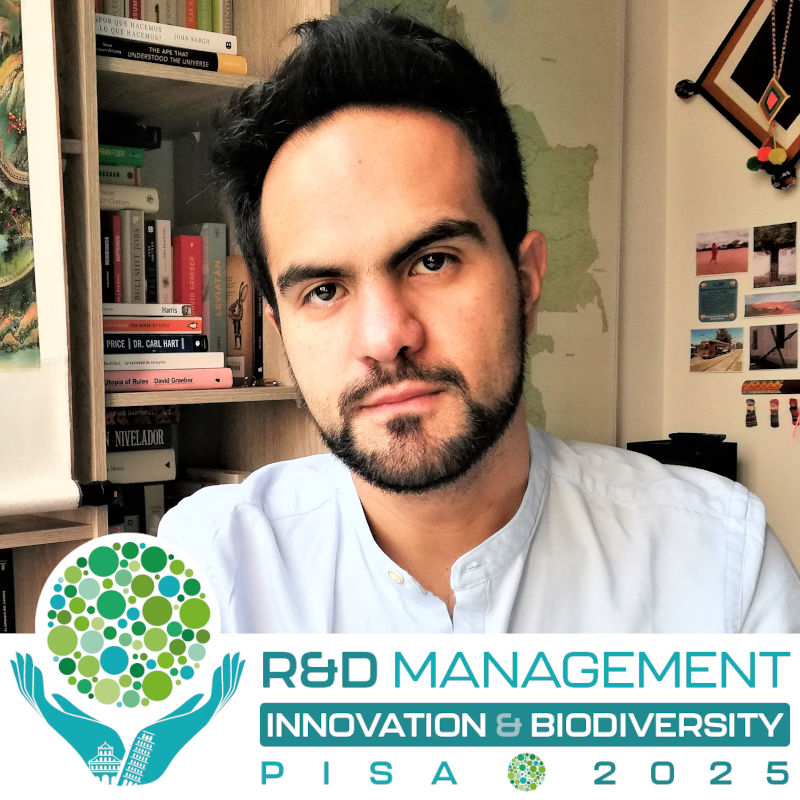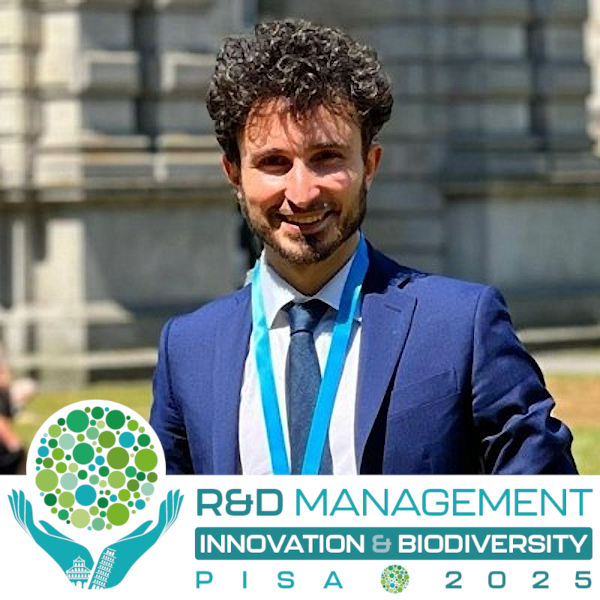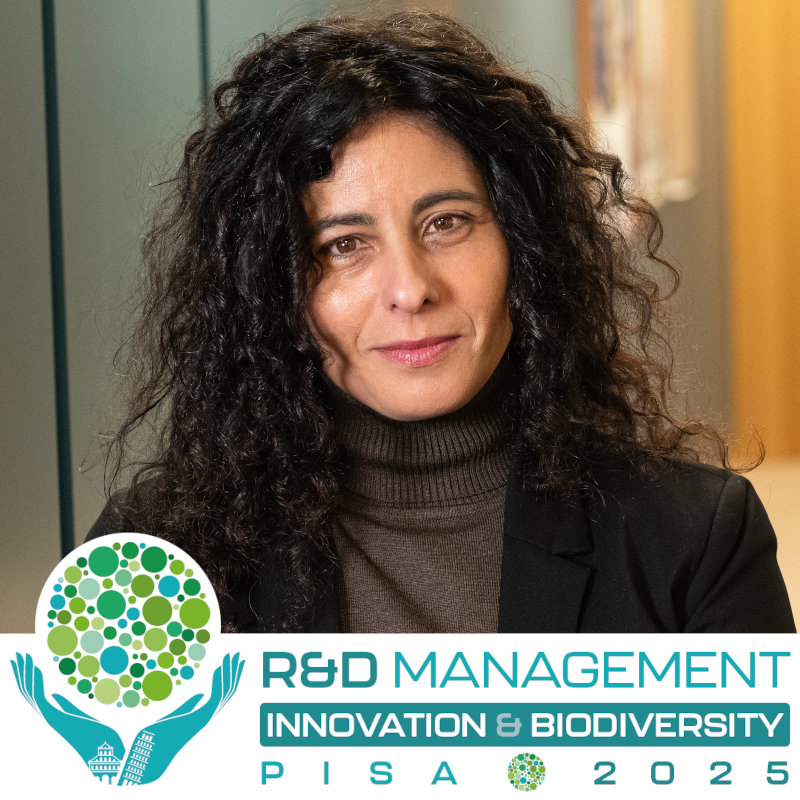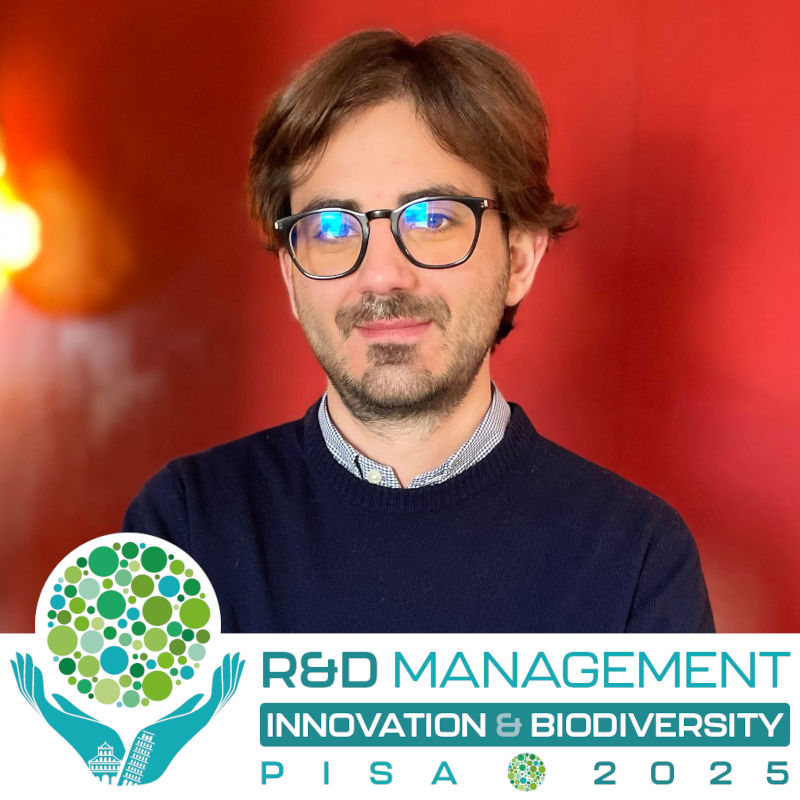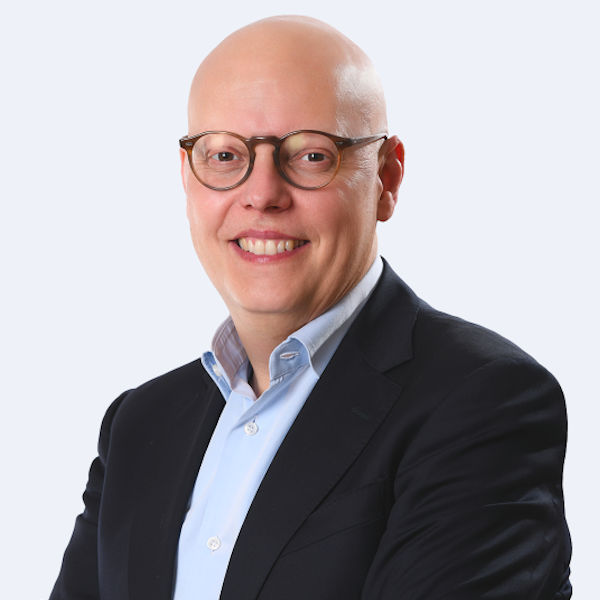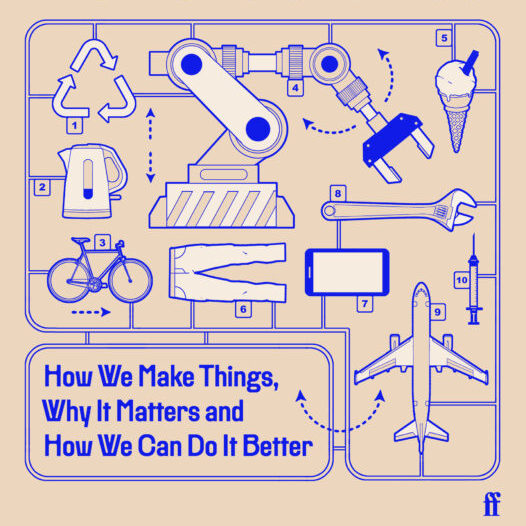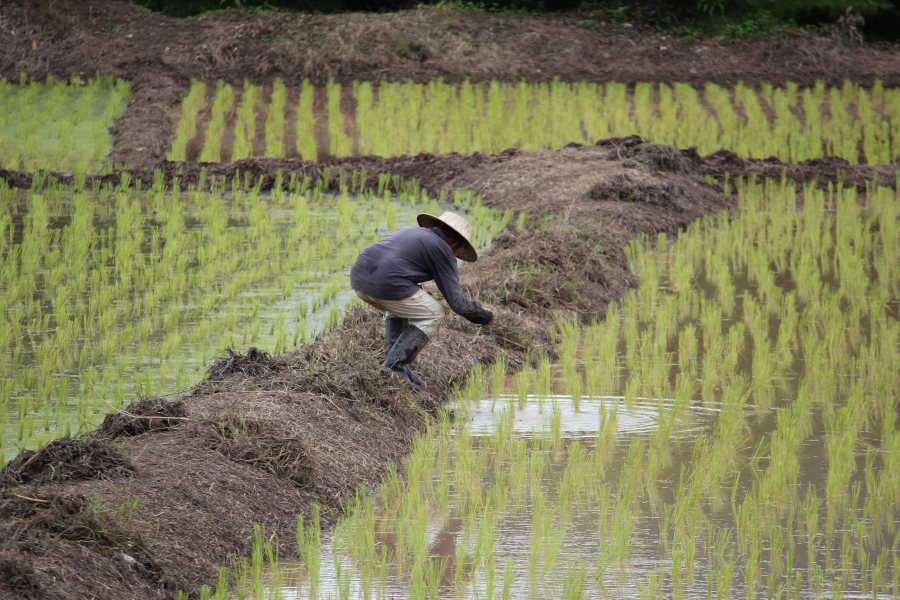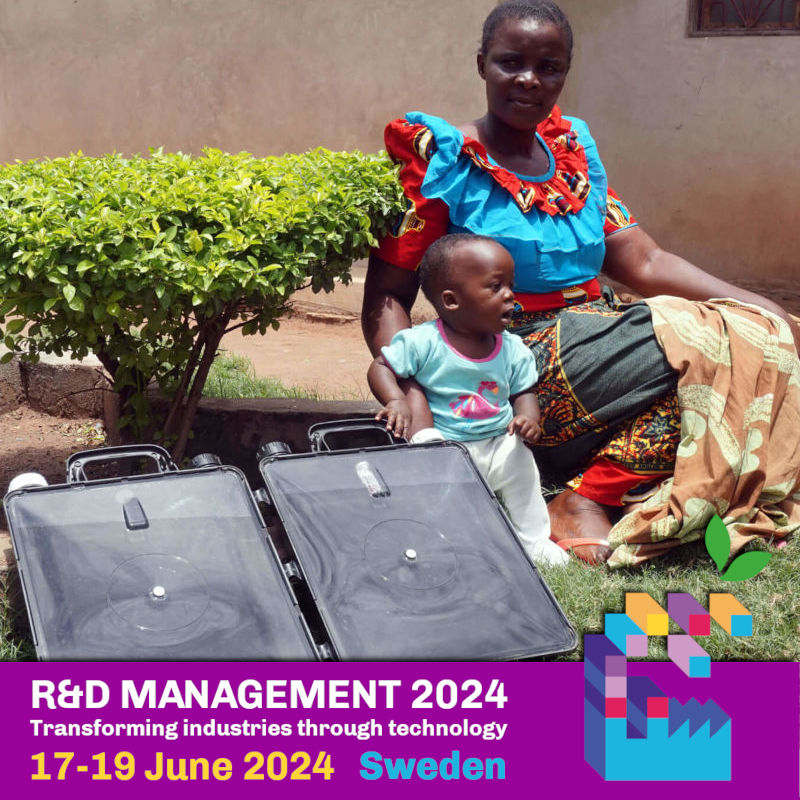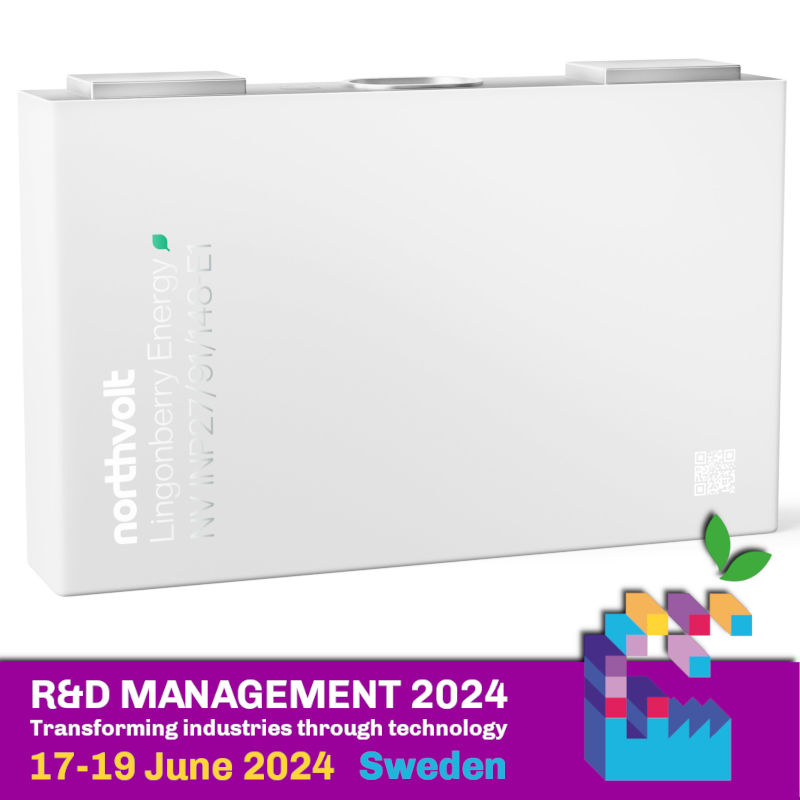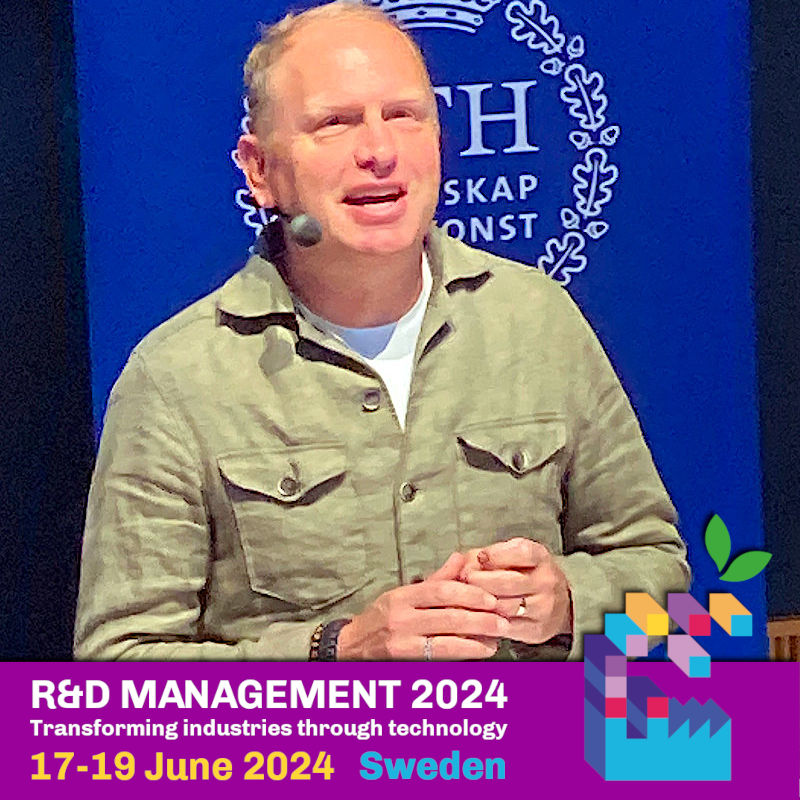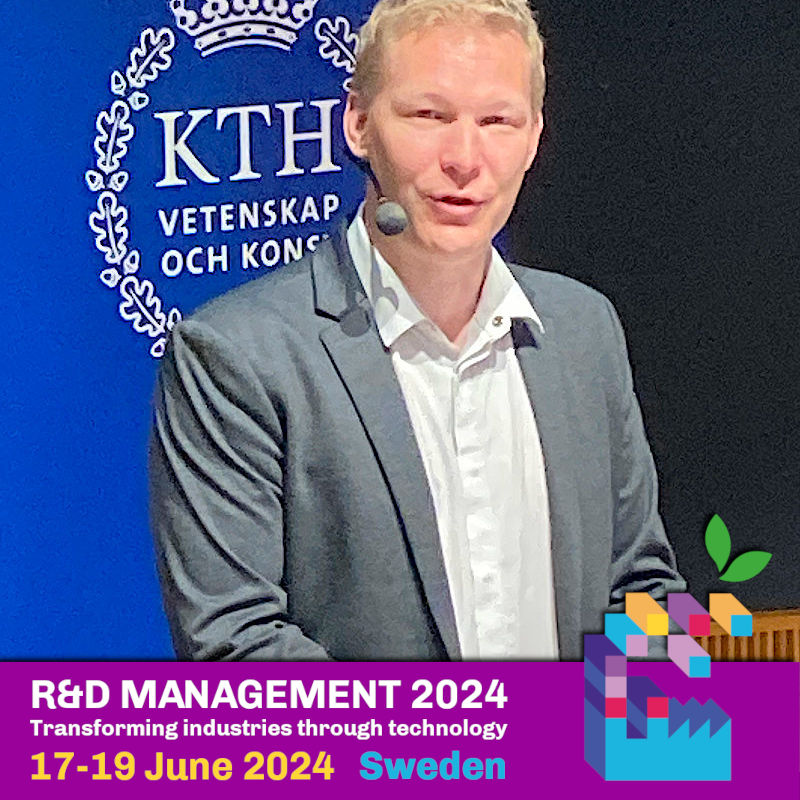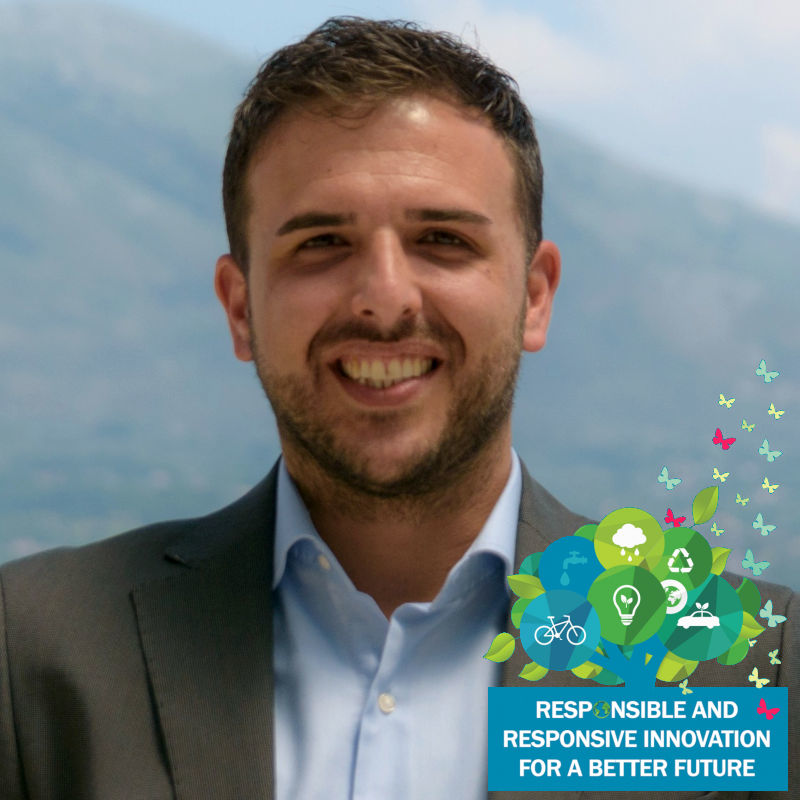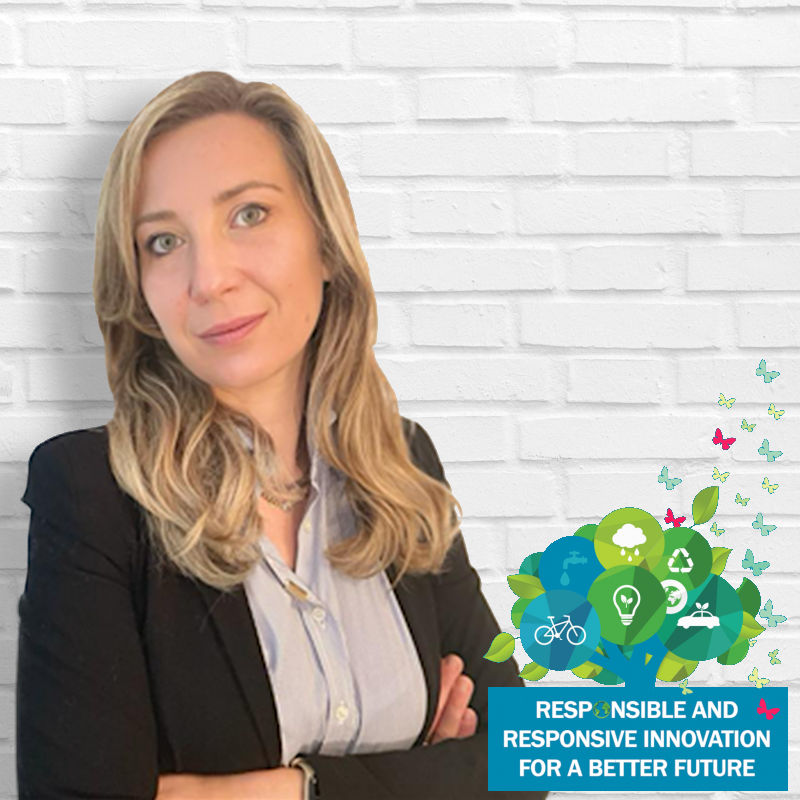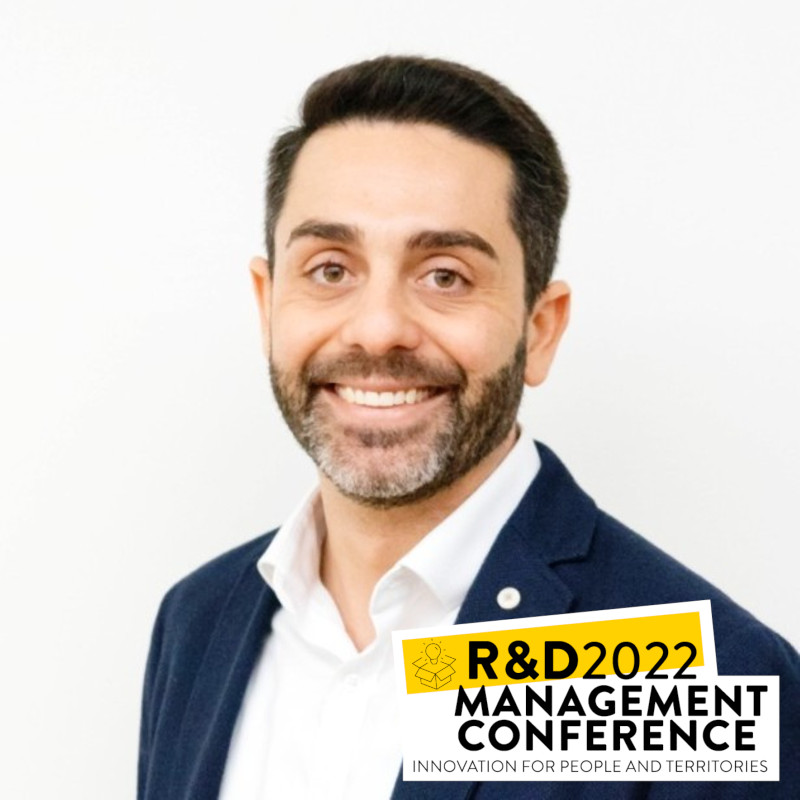The transition to sustainable innovation is being supported at an international and national level. In 2023 two global sustainability standards were issued, “ushering in a new era of sustainability-related disclosures in capital markets worldwide.” The Standards IFRS S1 and IFRS S2 aim to improve trust and confidence in company disclosures about sustainability to inform investment decisions.
The International Financial Reporting Standards Foundation (IFRS) is also a partner in the development of Sustainability Innovation Lab, based in Singapore. The lab is to support companies to meet their evolving sustainability disclosure requirements, by fostering professional development, training, practical solutions and innovative thinking.
At a national level, Sweden pledged to become the first fossil fuel-free nation by 2045. As part of its journey, the Nordic country is promoting a “circular economy” – producing, selling and consuming products in a way that wastes as few natural resources as possible.
This comittment has been adopted by Sweden’s private sector. Since 2018, fast-fashion retailer H&M has collected pre-worn items to sell as secondhand items, reuse in new products, or recycle for new uses such as insulation. IKEA is also reconfiguring its entire business to produces zero waste by the end of the decade. And the practice is good for business with sustainable startups in Sweden attracting over €5 billion in new investments to the region.
Mastercard has also opened a new Sustainability Innovation Lab in Stockholm that will serve as a global research and development center for climate conscious digital products and solutions.
Sustainable Innovation
A whole life-cycle approach to innovation does bring challenges for existing production channels, but equally creates new materials and an opportunity to re-think supply chains.
This field of innovation management is set to gain increasing importance over coming years and is a core track within the R&D Management Conference.

